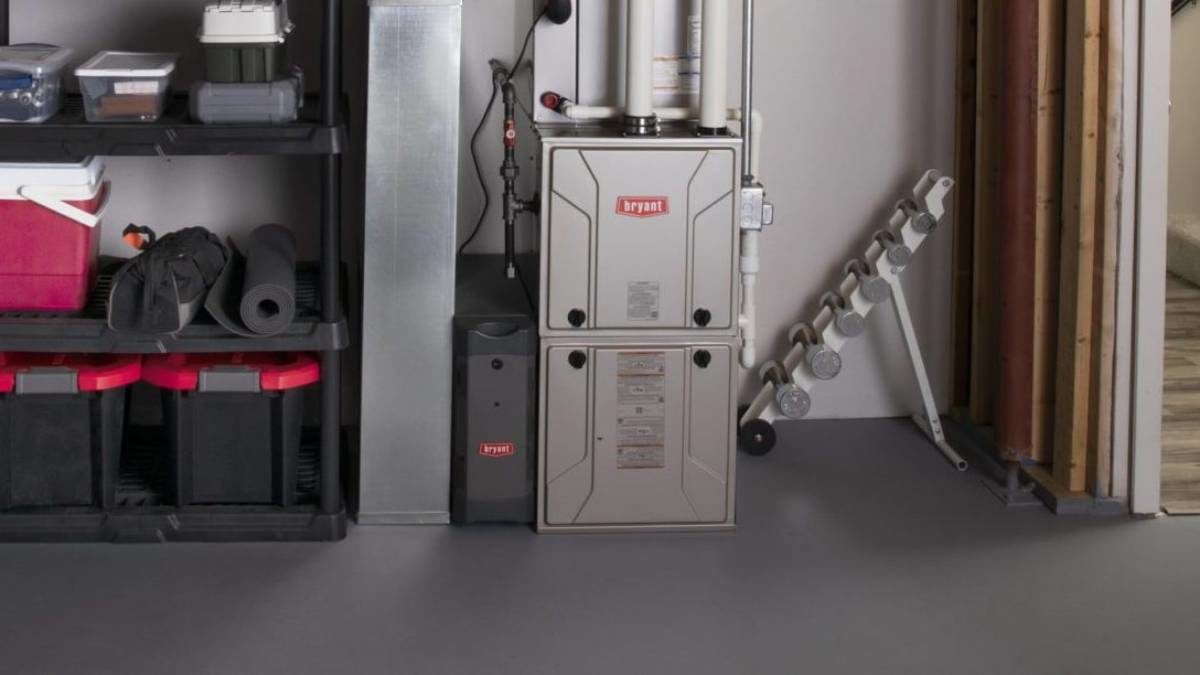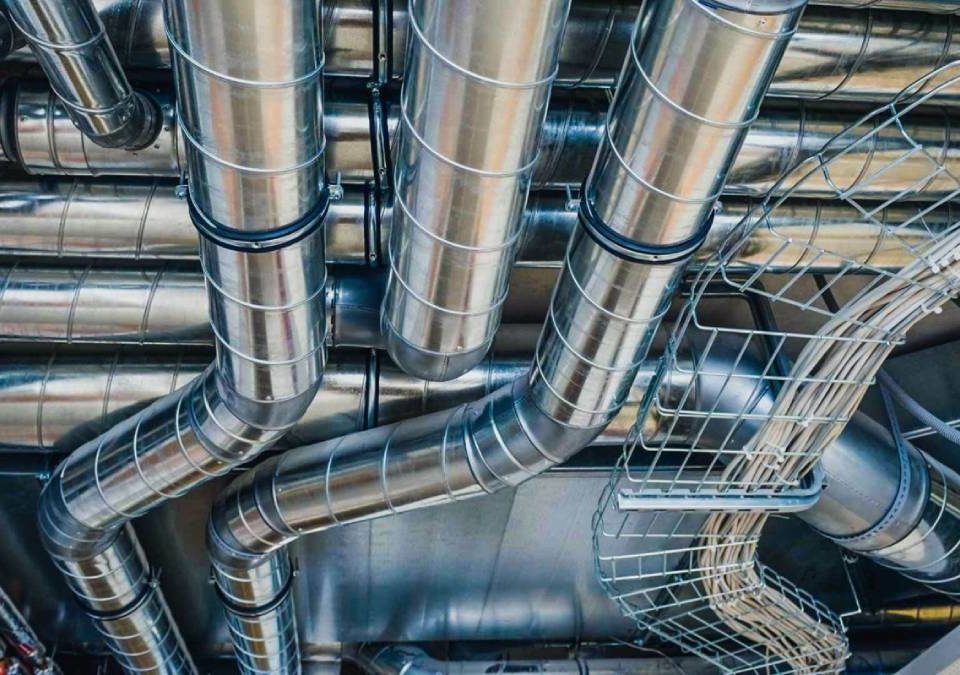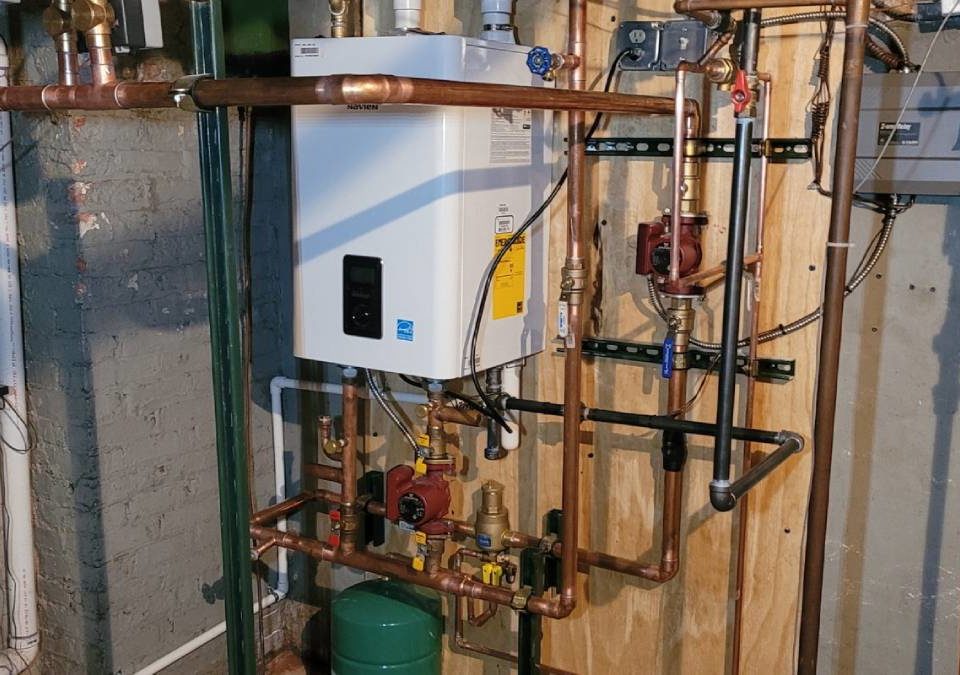Heating / Furnaces Maintenance

Heating / Furnaces Repair

Combo (heat+cool) Installation
You rely on your furnace to keep your home comfortably warm when the nights get chilly, which is just one of the reasons why an annual furnace inspection from a knowledgeable HVAC pro is so important. A professional furnace inspection also provides a number of other key benefits.
• When your furnace is properly maintained, it operates efficiently, which reduces fuel and energy waste and lowers your annual heating costs. An annual tune-up by a qualified and experienced technician can help extend the life of your heating equipment by preventing unnecessary damage to vital system components.
• During a routine maintenance visit, your HVAC specialist can identify and address small problems before they progress into more serious issues that require costly repairs or replacements.
• Regular maintenance can help prevent safety issues, such as the risk of fire, and the dangers posed by unhealthy gas fumes, and lethal carbon monoxide leaks.
What’s Involved in a Furnace Inspection
The steps performed during a routine furnace inspection can vary and you can expect that an experienced professional will include the following tasks:
• Checking the vent system for leaks or blockages.
• Examining the heat exchanger for signs of corrosion and cracks or separations. A damaged heat exchanger can allow deadly carbon monoxide to escape.
• Checking the blower and cleaning its components. This includes removing the blower wheel to ensure that it’s free of dirt and debris. Testing for a tight seal on the blower access door.
• Checking the air intake grills for blockages.
• Performing an amp-draw test on the blower motor and comparing the results to the unit’s listed specifications. This can reduce the risk of fire, and help extend the life of the blower components.
• Checking the burner for proper ignition and testing the flame sensor for accurate operation.
• Lubricating all the motor’s moving parts to reduce friction. When there’s friction, the motor has to work harder, which requires more electricity, and it could also result in a premature failure.
• Checking that all electrical connections are tight and examining the wiring for signs of rust and corrosion.
• Testing the thermostat calibration. When the thermostat is calibrated correctly, your home will be more comfortable. It can also save you money on your energy bills by preventing overheating.
• Examining the flue for obstructions. If the toxic fumes that result from combustion can’t escape up the flue due to a blockage, your indoor air quality will suffer.
• Testing for the unit’s safety controls. This should include checking the high limit control, which prevents the furnace from overheating and reduces the risk of fire.
• Checking the belts for signs of wear or cracks.
• Testing that the system’s startup cycle is functioning correctly. Checking the furnace’s air filter. A dirty filter can reduce the unit’s efficiency by restricting needed air flow, and damage vital system components over time.
Call us today at (312) 409-33-26 or contact us online to schedule a visit with one of our specialist.
Related posts
CONTACT US
Call PHD Heating & Cooling today at (312) 409-3326 or send us email to schedule for a quote on your new home comfort system.



